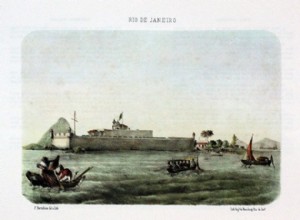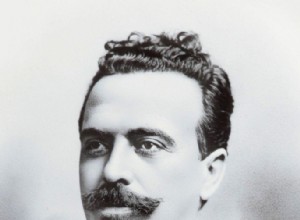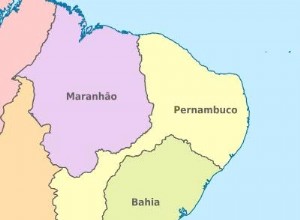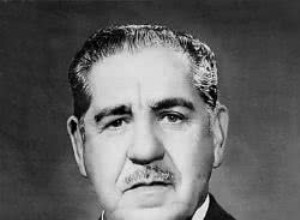The Equinoctial France represented the second attempt by the French to settle in Brazil, in the Maranhão region between 1612 and 1615. The origin of the name is related to the territory of conquest, since it was close to the Equator line, which was previously called the Equinoctial line. This eve




